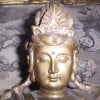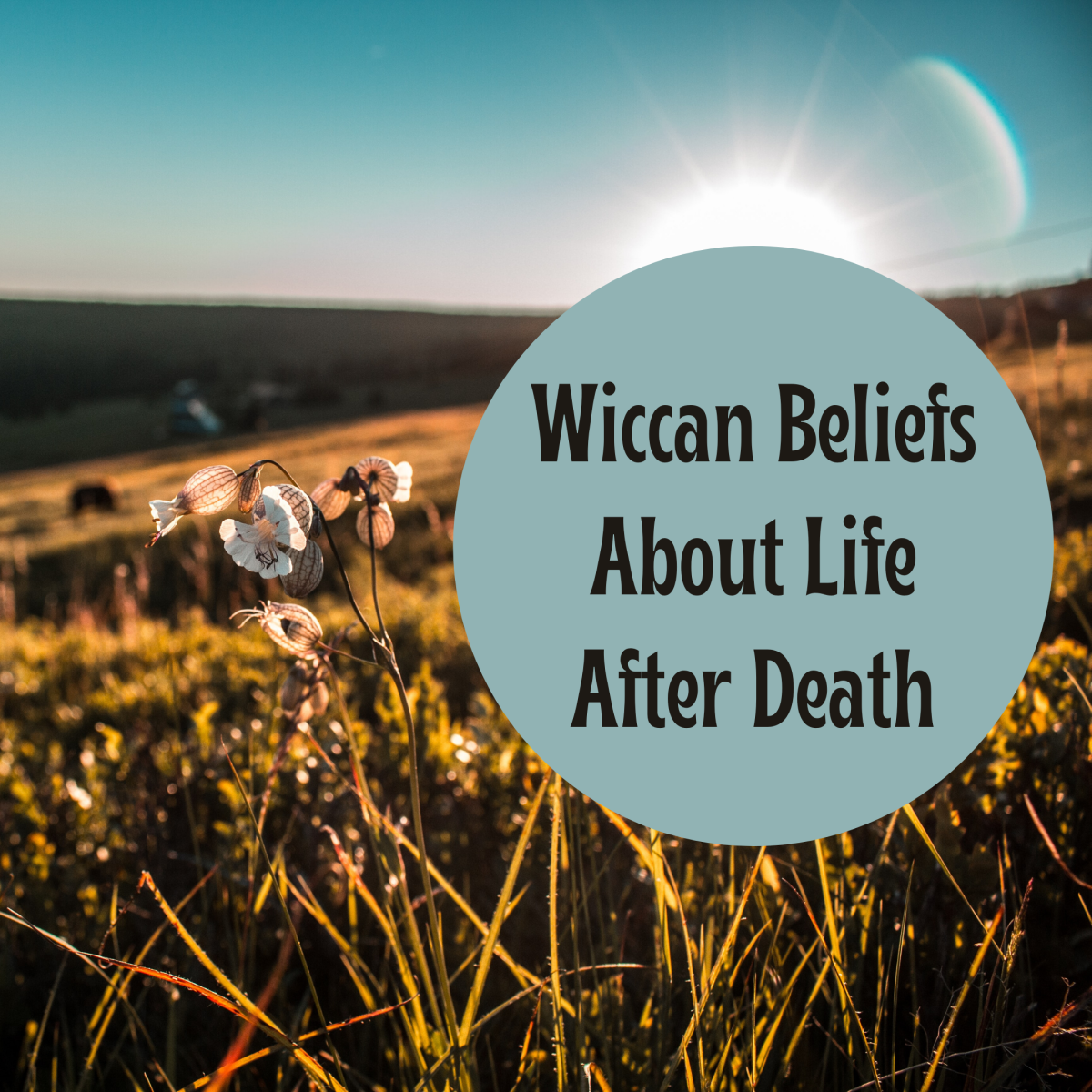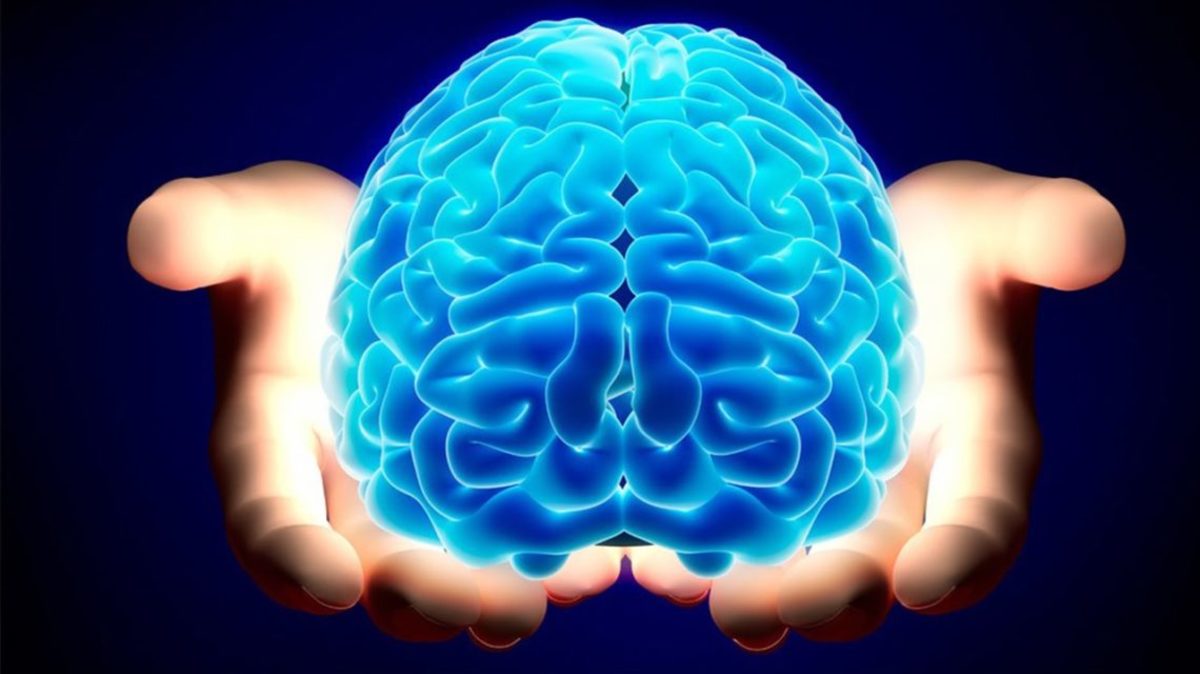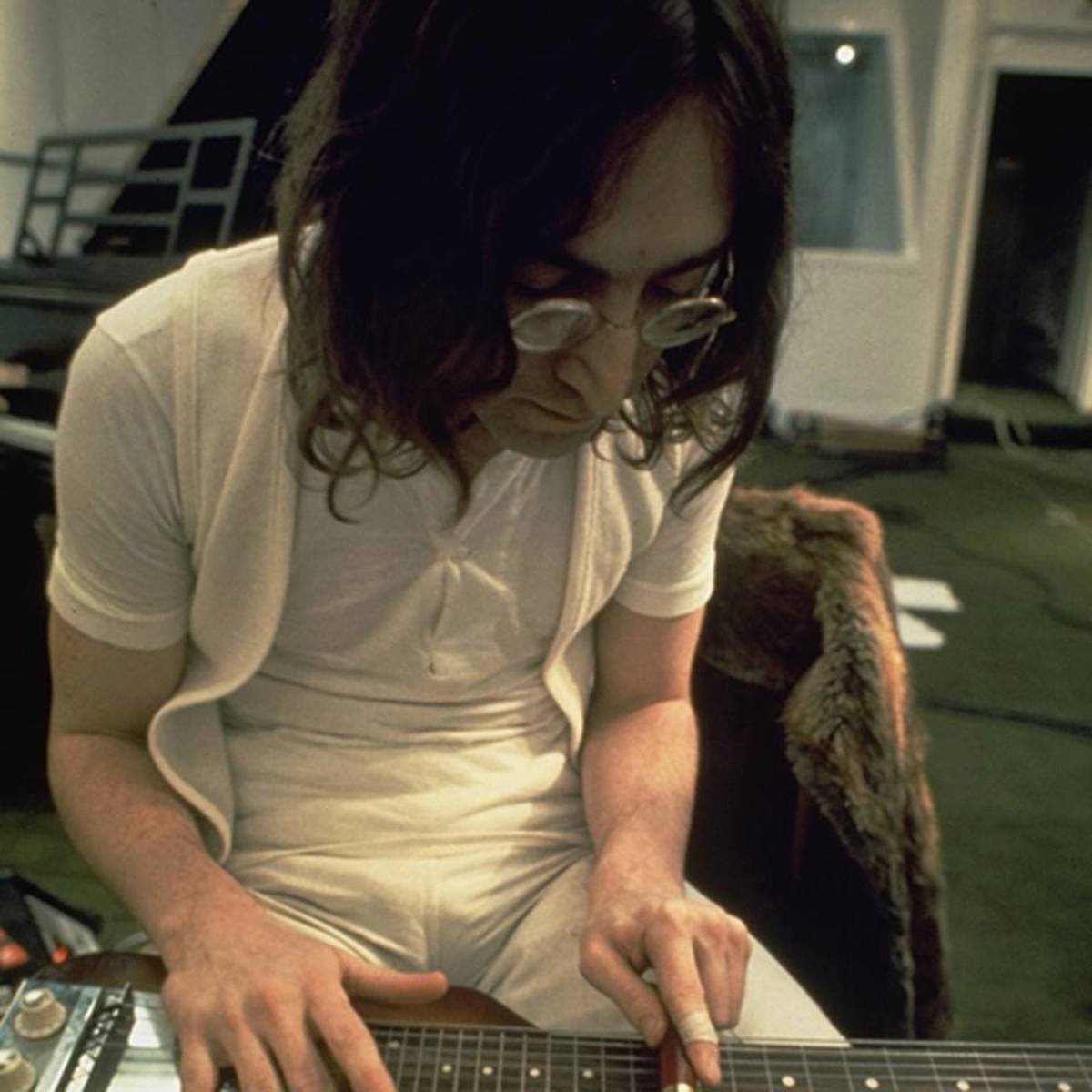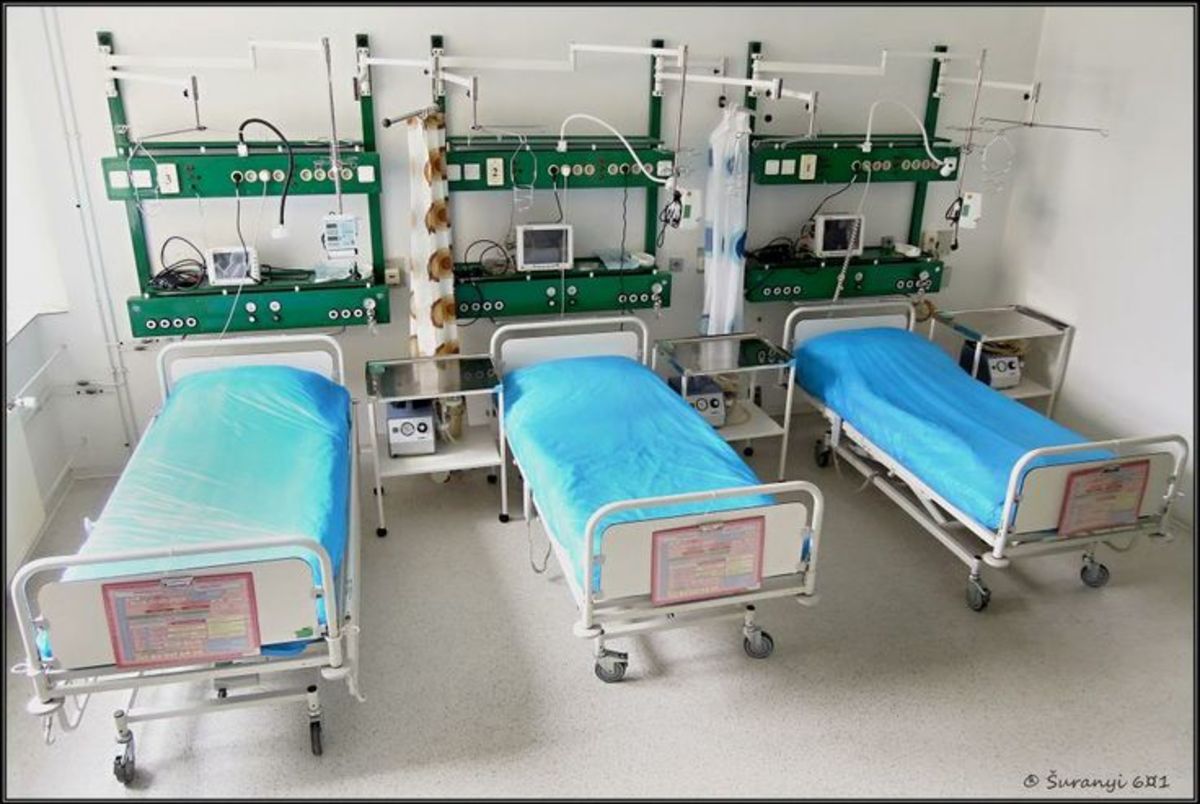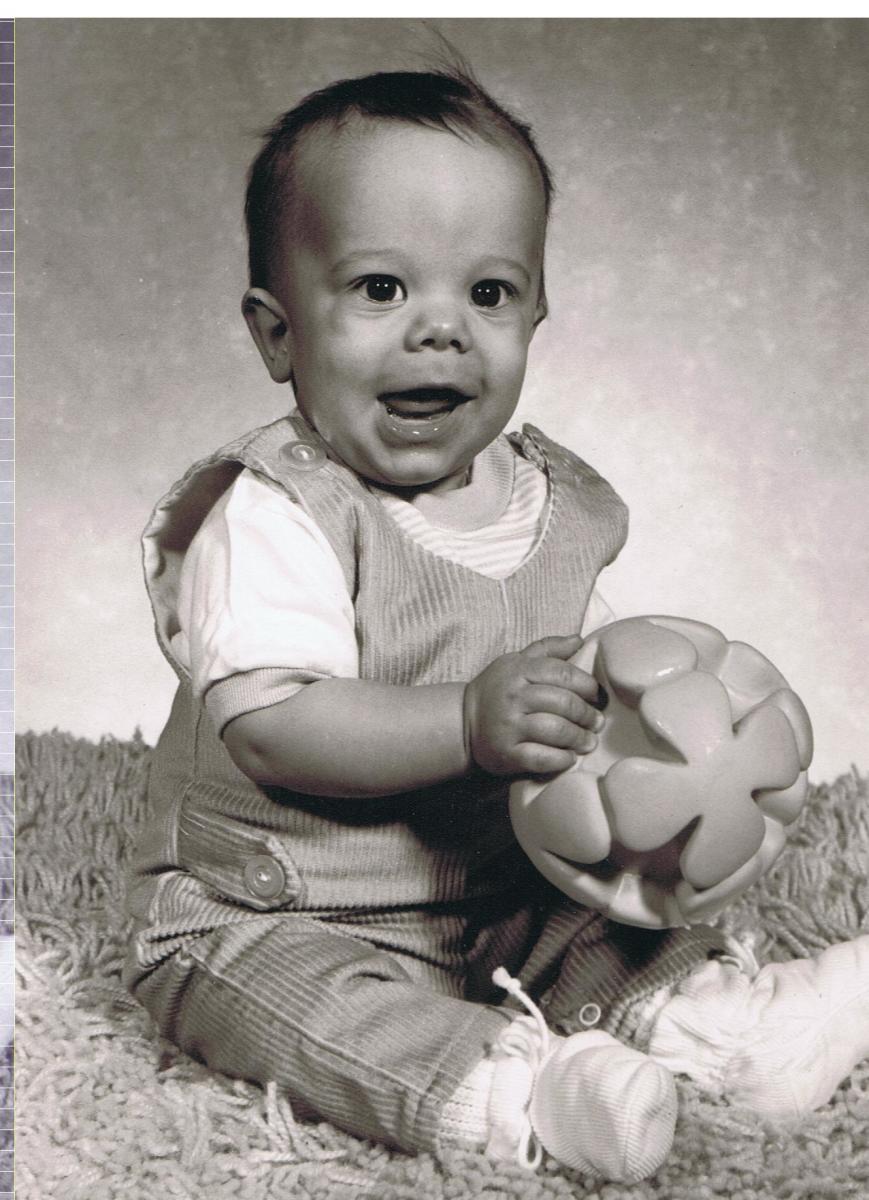Life After Death - What Do Scientists Think About the NDE?
Near-Death Experience - the tunnel
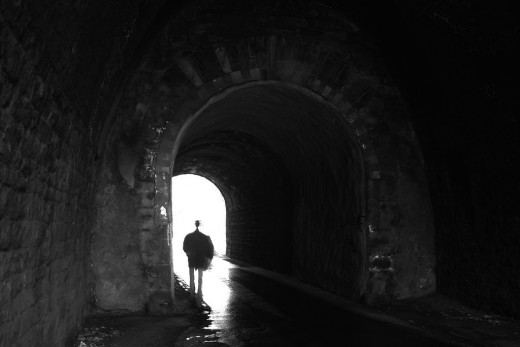
The NDE and OBE - what they indicate about life after death
For thousands of years, various groups, both religious and not religious, have debated about the existence of life after death, and about whether or not the near-death experience (NDE) and out-of-body experience (OBE) or (OOBE) are proof that there is life after death.
Now that numbers of resuscitated patients are large enough to allow survey and study, and brain activity can be recorded and measured, NDE and OBE are also being seriously debated among scientists. They have taken notice of the possibilities and are out to prove or disprove the existence of life after death, depending on their differing conclusions about the same evidence.
The study of NDE especially can be somewhat problematic. First, not all people who experience clinical death also experience an NDE - an estimated 10% to 14% of patients are said to experience some type of NDE, partial NDE or an OBE. A second major problem for most NDE incidents is being able to tell exactly when the NDE started and ended for the patient in relation to when the patient was known to be dying, clinically dead or resuming heartbeat, breathing and brain activity. However, as more accounts are recorded, patients have been able to confirm when the NDE occurred by recalling conversations among medical staff and other such time-dependent events. (The BBC documentary below has an especially intriguing account.)
Two major groups of scientists have opposing conclusions about life after death. One group believes in the NDE and life after physical death. The other group believes that when the body dies, there is nothing more. For easy reference, I'll call scientists who believe that life exists after death the first group and the scientists who believe in total death the second group.
The first group of scientists believes that life still exists out of the body after the body dies. Various scientists within this group have come to think of the mind and the brain as two different things, with the mind being housed in the brain during life, and leaving the brain during clinical death. This correlates well with the idea of the soul, but with different terminology. Whatever it's called, the belief includes awareness and emotions.
Their evidence is the sheer number of people who report a near-death experience (NDE), and the common elements of the experience. Now that medicine has improved in its ability to resuscitate people who have stopped breathing and who also have no heartbeat or brain signals, the number of people reporting this phenomenon has increased dramatically. Even though they are from all races, religions, education levels, experience levels, etc., the NDE experiences have certain common elements.
Regardless of a person's culture, religion or background, the common experience includes the perception of moving down a dark tunnel toward a light, and coming into the light. This is followed by meeting one or more people that are either family members or friends, but who have already died, and feeling loved and safe. If the person is religious, the god or being who symbolizes or represents the religion is also present and welcoming - Jesus, Vishnu, etc.
While the NDE experience is intriguing, the great number of people who have it can't really be called evidence of life after death. The experience could simply be an internal physical-hormonal reaction with common elements that are triggered as the brain responses to dying, combined with individual elements caused by belief and memories. The brain is, after all, flooded with chemicals in that last massive cellular rush before the body's death.
The first group also believes in reported OBE's, and considers them evidence because of the details that people who report the experiences provide. The deciding factor here is that the patient's report of what was observed matchs what medical staff report was occurring in the room when the OBE was reported to have occurred.
Unlike the NDE, which is an experience internal to the dying patient, the OBE is an experience that can, in some cases, be verified by agreements between the patient and other people in the room about what was occurring. Being able to note what was happening in a room when a person was totally unconscious, with no pulse and no respiration, would qualify as pretty compelling evidence.
The OBE includes an awareness of being in a position within a room that means the person is outside of the body; from this vantage point, the person is often looking down and can see his or her own body. Reports of these experiences can include what was happening in the area, what people where positioned where and what people said or did during the time that the person's heart and respiration were stopped.
Both the documented OBE external observations and the commonality of the NDE internal experiences lead the first group to believe that we do continue to exist after the body dies.
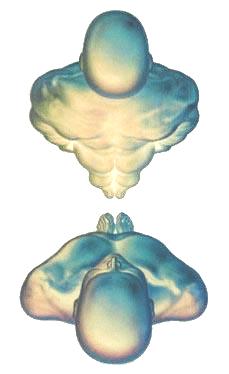
Some scientists think that both the NDE and the OBE have been disproven
The second group believes that the commonly reported NDE elements mean only that the perceptions that occur while the dying brain is shutting down are universal. They believe the experiences and emotions are triggered only by the brain releasing a flood of chemicals in response to extended loss of oxygen.
The second group is made up of scientists who have proven that both some elements of the NDE and some minor portions of the OBE can be triggered in the lab by either stimulating the brain or by causing severe oxygen loss. People can be stimulated in a certain area of the brain to have a NDE, to see a tunnel, to see a bright light and to have visions of people who have died before them. While they don't have the fully reported NDE, they do have considerable elements of it.
The second group also believes that the OBE reports are not factual, because experiments were done in some operating rooms, emergency rooms and critical care rooms that had no satisfactory results. One common experiment included placing a large piece of paper on a high surface in the room, such as the top of a cabinet, with a number written on it. To date, nobody has noted the paper or number when they have confirmed having an OBE and have provided a detailed report of the experience.
However, the scientists who believe that the OBE is not real, have not satisfactorily addressed the out-of-body proven accounts of people or events in the real world seen by a person who, at that time, was considered clinically dead.
For example, a man who was under anesthesia on an operating table and whose eyes were taped shut had an out-of-body experience. He reported seeing the operating doctor moving very oddly, almost as if he thought his arms were chicken wings. Later, it was found that the doctor routinely tucks his hands up to avoid contamination when he's not actively doing something and gives directions by pointing his elbows. Nobody had told this to the man and he would certainly not have been able to see it with his eyes taped shut (as they are when a patient is anesthetized.)
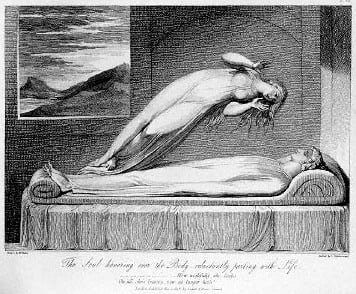
The brain, the mind and quantum physics
While I'm obviously leaning toward the first group, I'm not entirely sold on either camp. I have read books by people on both sides of the argument, and find that some of the NDE testimonials can get lost in spiritualism that can match anything from healing crystals to dancing demons, and over-the-top sentimentality that is little more than repeated superlatives. To me, they totally lack the ring of truth.
Others, however, do sound truthful to me, and seem to be based on internal episodes that can be correlated with what was happening externally. I find the idea of the brain being a location to house the mind, or soul, a fascinating concept, given other scientific finds discussed below.
I also think that scientists who feel they've debunked NDE and OBE experiences are drawing conclusions much too early in the exploration of these phenomena, especially considering the short amount of time that medical procedures have been able to resuscitate large numbers of people who are clinically dead. Some of these reports came after patients who were clinically dead for an extended period of time while their bodies were cooled during surgeries.
Another point of consideration is not medical, but deals with physics. Fairly recently, forms of energy and matter have been discovered and confirmed, forms that we were never before able to confirm existed. We've just begun to learn about "dark" matter and "dark" energy, both of which are called dark because we couldn't prove until recently that they exist, and we still can't weigh or observe them directly. I see the NDE as very much in the realm of possibilities for "dark" experience, because there is little there that can be measured, at least not in our present way of thinking, or with our present instruments.
An example of a novel experiment that can show un-measurable energy has been conducted in quantum physics. Two sub-atomic particles, such as photons, are placed in close proximity until they interact. They become "tuned" to each other and actually meld, then separate again. They tend to spin in one direction or the other. If they are tuned to each other, when one spins, for example, clockwise, the other spins counterclockwise.
In essence, they become a working pair. Then they are separated to some distance that's great, given their nano-size - maybe in the next lab, or even the next state - the distance doesn't seem to matter. When one of the former pair is observed, it spins in one direction, say clockwise. If the other particle is also being observed, it will automatically spin counterclockwise, the opposite direction. No known energy can be measured that connects the two particles, and the distance they are separated doesn't seem to make a difference. This is called quantum entanglement. Why this happens is still not understood.
If we don't understand why things happen that are associated with energy that can't be measured, how can we understand what is real and what isn't with energy that is contained in the body and then, after death, is no longer contained in the body. We don't yet know if that animating energy and the fields that can be measured during life stop being produced as if a light was turned off, or if the energy still exists, but is converted in some way. In short, the debate about what is the brain, what is the mind and what exists after physical death is far from over.
Scientists talking about Near Death Experience
The Brain and The Mind
Does NDE experimentation provide a new place to travel for explorers?
I find it exciting that the area of the brain that accounts for the tunnel and other components of the NDE has been located and that the first part of the near-death experience can be reproduced. I don't see that as proof that life after death does or does not exist, but only as a beginning to the exploration of this part of un-measurable energy.
I'm troubled by the closed minds of some scientists who discuss having found this spot, and who automatically name the discovery as conclusive proof that there is no real NDE, but only the brain's reacting to oxygen deprivation as it shuts down. At this point, nothing but the location in the brain has actually been proven.
That could very well be one spot in the brain where the brain connects with another facet of our existence. The same scientists who dismiss NDE because they've found this spot also know that hitting a reflex spot on the knee can cause an involuntary jerk of the lower leg. Yet they don't claim that reflex actions don't exist because they have been located and can be stimulated artificially.
Also, in the partial NDE, which is induced, while the subject sees dead friends or relatives, the very last part of the naturally occurring NDE does not happen, where people feel that they are surrounded by love and are very happy and safe from all harm. This has remained an unexplained phenomenon.
I don't totally believe that there is life after death, and I don't totally believe that there is not life after death. I'm hovering here in space trying to make up my mind, along with a lot of other people who want to decide what they believe based on something that can be proven and that makes sense. I don't find the idea attractive that I should believe in life after death based purely on faith or dogma.
Everyone in both camps agrees that the near-death experience occurs - at least the first part, which can be stimulated to occur. Their difference of opinion comes when they discuss the possibility that it's a set of hallucinations in a brain starved for oxygen and flooded with chemicals released by dying cells vs. the possibility that the mind is not located in the brain and can survive, at least temporarily, after the death of the body. The agreement for the mind-centered argument is supported more and more by discoveries being made in quantum physics.
I find that the discoveries in several different scientific disciplines, such as the confirmation of the existence of dark energy and dark matter in astronomy, and the quirky energy/mass behavior in quantum physics, are very intriguing whent they are also considered as potentially important in NDE's and OBE's. I think that this could be the beginning of a new type of exploration in science, a multi-dimensional exploration that demands less isolation between scientific disciplines.
If more drastic, but carefully controlled experimentation on human volunteers could be allowed to accommodate this type of experiment, a new type of "astronaut" could emerge. Except that this explorer could more accurately be called an 'astral-naut", if the bi-location and quantum entanglement proven in quantum physics have any merit in freeing the mind (or the soul) during the death process.
If life after physical death was eventually proved, the reassurance that death doesn't end the existence of a living being would be the greatest comfort that science has ever given to humanity. For many of us, the fear of physical death would be greatly reduced, or even eliminated.
If continued life after physical death was disproved, it would require a lot of work around the world, and would mean some major upheaval, but it would also mean a more clear understanding of our own species and of our place in the world as one more living - and dying - being.
In either case, there would be major changes in the world, at least among people who accepted the proof, whichever side of the issue it landed on.
Scientific Articles about NDE
- http://www.neuroquantology.com/index.php/journal/article/download/389/378
Many leading NDE researchers have proposed that a new model is needed to explain how consciousness could possibly exist independently of the brain, mainly relying on theories from quantum physics. - http://mss3.libraries.rutgers.edu/dlr/outputds.php?pid=rutgers-lib:33461&mime=application
Evidence of the mind existing outside of the brain. - [Near-death experiences]. [Invest Clin. 2011] - PubMed - NCBI
Experiments of NDE on Pubmed
